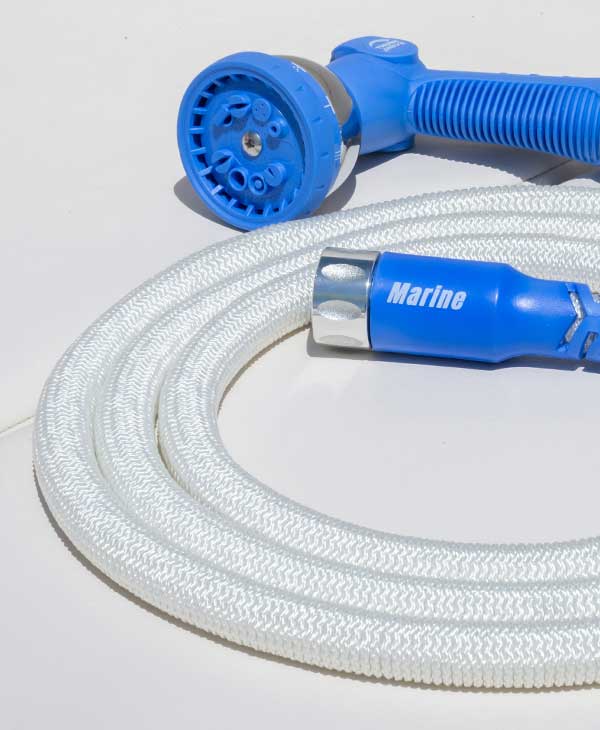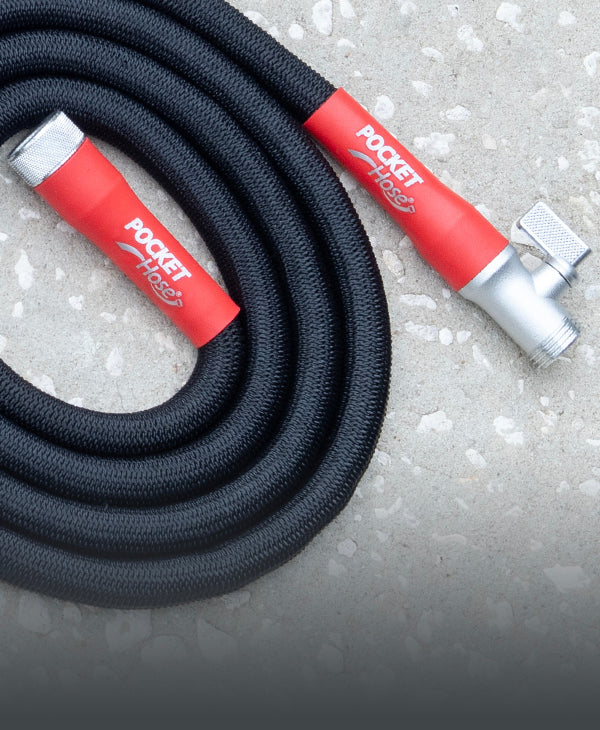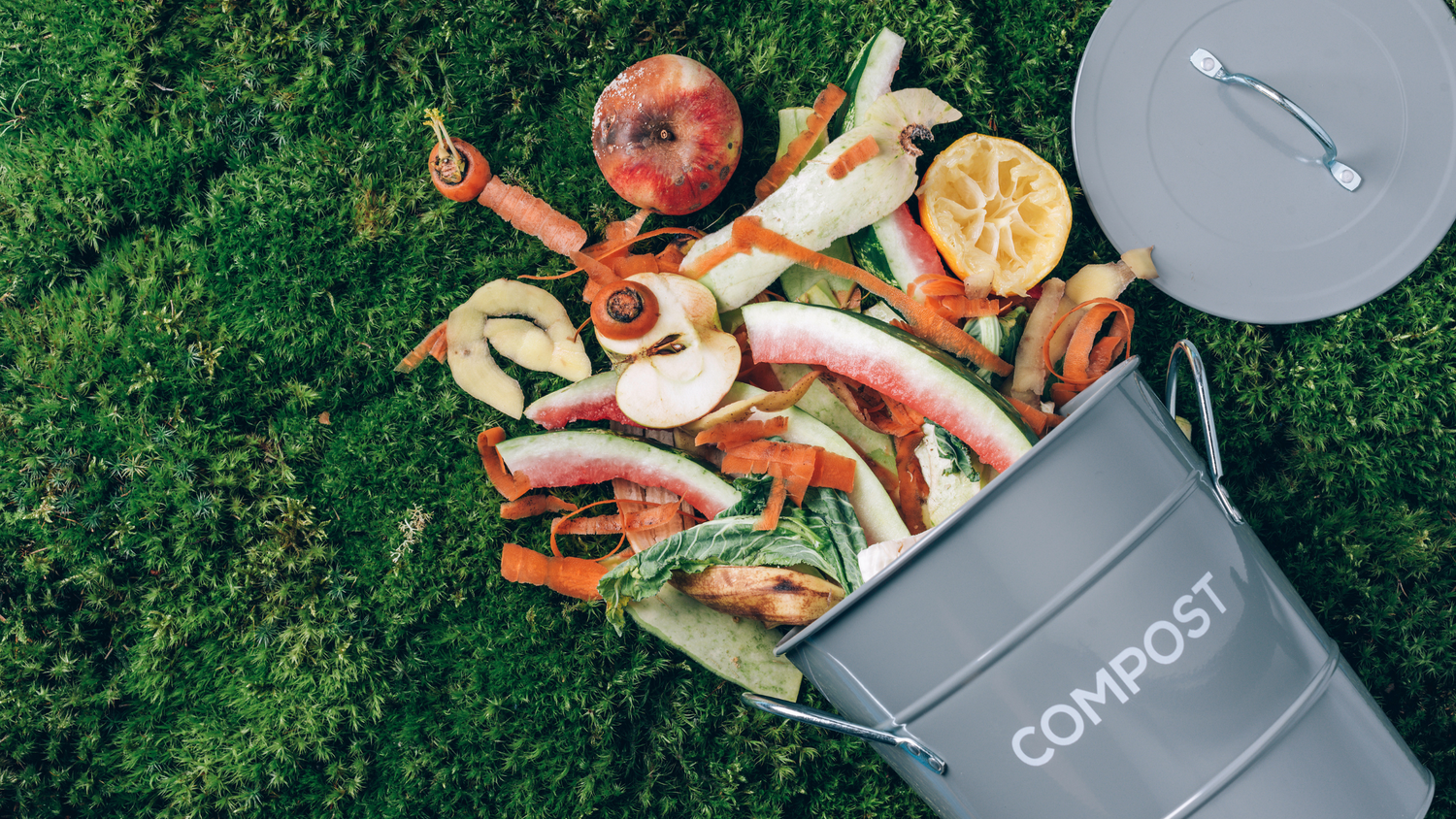In the quest for a lusher garden and a greener lawn, the secret often lies beneath the surface: healthy soil. However, obtaining and maintaining rich soil can be costly and labor-intensive unless you turn to a readily available resource—your kitchen scraps. Embracing the potential of everyday leftovers contributes to soil revitalization and aligns with environmentally friendly practices. In this guide, we'll explore effective methods to use kitchen scraps for soil enhancement, reveal practical composting hacks, and unveil tips for optimizing the wealth of nutrients your food waste provides.
Understanding the Value of Kitchen Scraps in Soil Revitalization
Soil is more than just dirt; it's a complex ecosystem that provides nutrients to plants and helps regulate the environment. When soil becomes depleted—losing nutrients needed to support plant life—its ability to support a garden diminishes. That's where kitchen scraps come into play. Rich in organic matter, kitchen scraps add nutrients back into the soil, which helps to maintain its health and fertility.
Utilizing kitchen scraps for soil enhancement not only reduces waste but also benefits your garden in numerous ways, such as:
- Enhancing soil structure: Organic matter helps soil to clump and form soil aggregates, which improves aeration and water retention.
- Boosting nutrient content: Decomposed scraps enrich the soil with nitrogen, potassium, and phosphorus.
- Encouraging beneficial organisms: Healthy soil is teeming with life, from earthworms to beneficial microbes that aid in decomposing organic material and creating a nutrient-rich environment for plants.
With these benefits in mind, let’s explore the specifics of transforming your kitchen waste into a goldmine for your garden.
Types of Kitchen Scraps Suitable for Composting
Not all kitchen scraps regarding composting and soil revitalization are equal. Here’s a quick rundown of what can go back to the earth and what should stay out:
Yes to Composting:
- Fruit and vegetable peels: Banana peels, apple cores, carrot ends, and other similar scraps are excellent for compost.
- Coffee grounds and tea bags: Rich in nitrogen, they help balance the carbon-rich materials in your compost.
- Eggshells: Crushed eggshells add calcium to the compost, which is essential for plant growth.
- Cooked grains: Oats, rice, and barley can be composted if they haven’t been mixed with oils or meat products.
No to Composting:
- Meat and fish scraps: They can attract pests and create odor problems.
- Dairy products: Like meat, they can attract pests and emit foul odors as they decompose.
- Oils and grease: They can disrupt the moisture balance of your compost pile and slow down the decomposition process.
Composting Hacks for Efficient Breakdown
Composting kitchen scraps isn’t just about tossing them into a bin and hoping for the best. Here are some tested composting hacks that ensure your compost is rich and ready to revitalize your soil:
1. Balance Brown and Green Materials:
Maintain a healthy balance between carbon-rich materials (browns) like dried leaves, branches, and paper, and nitrogen-rich materials (greens) like kitchen scraps. A ratio of about 3:1 of browns to greens is ideal.
2. Chop Your Scraps:
Smaller pieces of kitchen waste decompose faster. You can speed up the composting process by chopping up your scraps before adding them to the compost.
3. Turn Your Pile Regularly:
Oxygen is crucial for composting. By turning your compost pile once a week, you can ensure that your compost gets enough air, which helps to break down the materials more efficiently.
4. Control Moisture Levels:
Your compost should be moist but not wet. If it looks too dry, add some water or green materials. If it’s too soggy, add more browns to absorb the excess moisture.
5. Use a Compost Accelerator:
Adding a compost accelerator can kick-start the decomposition process. Accelerators can be store-bought or homemade, such as comfrey leaves or nettles.
Direct Application of Kitchen Scraps in Gardening:
In addition to composting, there are direct ways to utilize kitchen scraps for soil enhancement:
Banana Peel Tea

Banana peels are rich in potassium, essential for plant growth. Instead of tossing them into your compost, make a “banana peel tea” for your plants. Simply soak a few banana peels in a jug of water for a few days, then use the water to nourish your plants.
Eggshell Powder
Crushed eggshells add calcium to the soil, ideal for tomatoes and peppers. Dry out your eggshells, grind them into a fine powder, and sprinkle them directly around your plants.
Coffee Ground Mulch
Mixing coffee grounds into the soil can help improve soil structure and acidity. They can act as a slow-release fertilizer, particularly advantageous for acid-loving plants like azaleas and blueberries.
The Role of Kitchen Scraps in Larger Environmental Impact
You contribute significantly to a wider environmental impact by embracing kitchen scraps for soil revitalization. Here’s how:
- Reduced landfill waste: Composting kitchen scraps keeps significant amounts of waste out of landfills where they would take up space and release methane, a potent greenhouse gas.
- Lowered carbon footprint: Composting helps convert organic material into nutrient-rich compost, which can sequester carbon in the soil, reducing the overall carbon footprint.
- Sustainable gardening practices: Using homemade compost reduces the need for chemical fertilizers, which are often energy-intensive to produce and carry environmental risks when they run off into the broader ecosystem.
Final Thoughts
Using kitchen scraps for soil revitalization isn’t just about reducing waste—it's about transforming your garden and contributing to a healthier planet. The richness that composted kitchen waste brings to your soil translates into more robust plants and a more vibrant garden ecosystem, proof that what you discard can breathe life back into the earth. Using these composting hacks and direct application tips, you can promote a sustainable cycle that nourishes your plants and protects the environment, turning what was once thrown away into something truly transformative for your green spaces.





Leave a comment
This site is protected by hCaptcha and the hCaptcha Privacy Policy and Terms of Service apply.